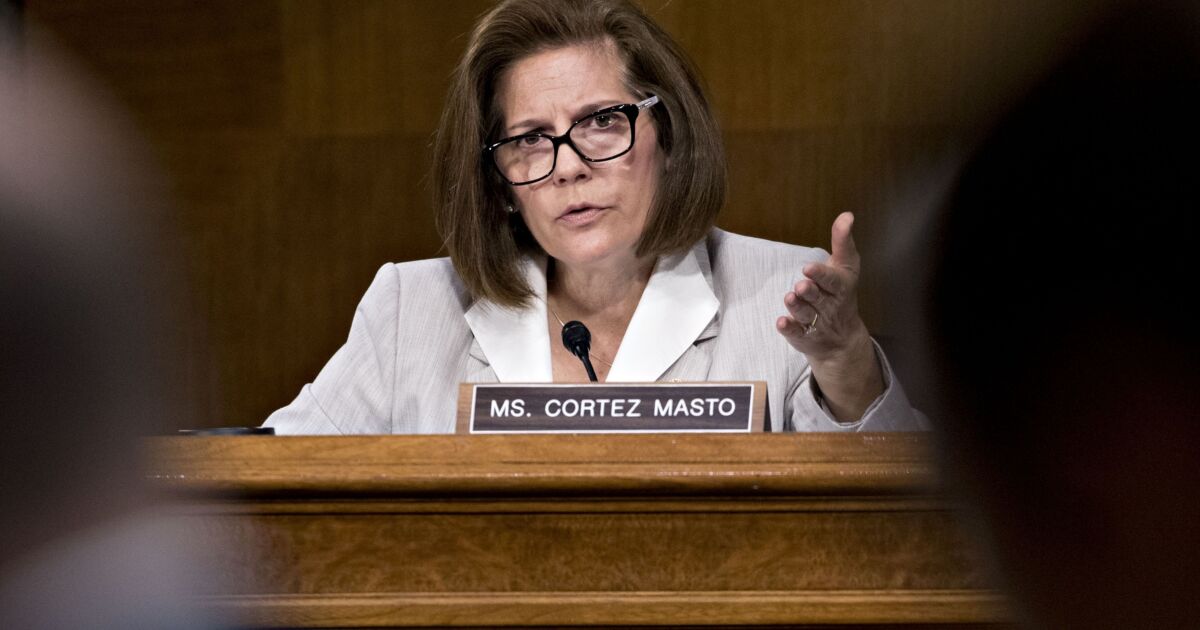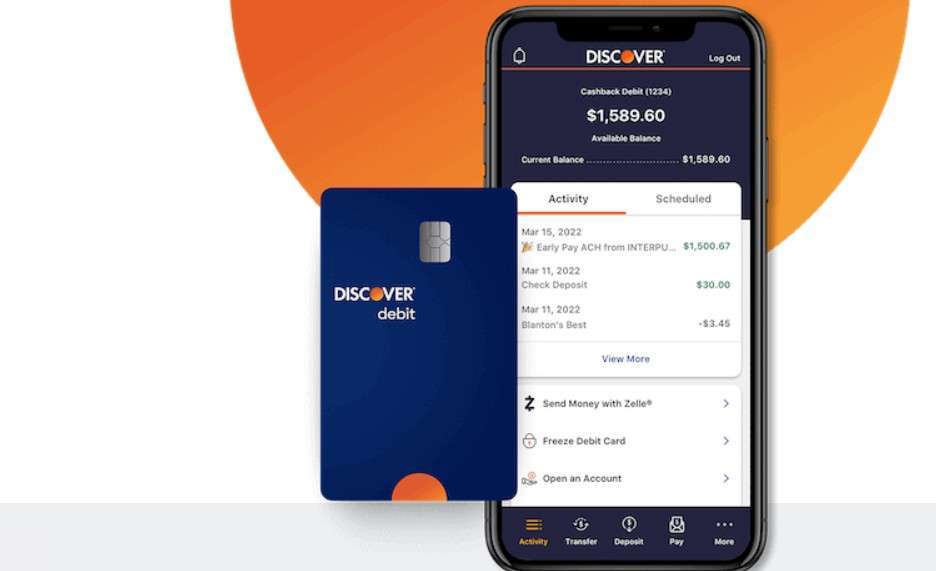The bulk of more sizable, rated nonbank mortgage companies will start the new year on better footing than 12 months earlier, but they face interest-rate risks and a mixed funding outlook.
Layoffs that occurred as record-low rates from the pandemic rebounded to normal levels have improved financials by reducing staffing by 35% from its heights in 2021, according to
That has put companies in a better financial position, and origination units could build on that if a gradual reduction rates telegraphed by the Fed materializes in 2025.
“The mortgage companies we cover are already profitable in a lower origination environment, and if originations increase in 2025, that will only improve,” said Eric Orenstein, senior director at Fitch Ratings, in an interview.
Fitch has recently upgraded ratings for two publicly traded nonbanks, Rocket Mortgage and
Rocket’s moved one notch and crossed the line that divides high speculative grade from low-end investment-quality in going from BB plus to BBB minus ahead of third-quarter earnings due Nov. 12. The Pennymac company ascended to a higher speculative-grade rating of BB from BB minus. Fitch also revised its rating outlook for the publicly traded
Challenges Fitch foresees for these and other rated nonbanks include the immediate-term possibility of more negative servicing-rights marks in the industry and the need to maintain adequate, flexible funding while managing leverage ratios.
While most Fitch rated companies have extended unsecured debt maturities beyond next year, $1.5 billion in outstanding obligations mature in 2025, according to the report.
Unsecured debt tends to contribute to higher ratings because it’s generally more flexible given it extends out further than alternatives and doesn’t restrict balance-sheet assets. Debt in this category had fallen to 31.4% of the total as of mid-year from 34.3% at year-end 2023.
In terms of funding, warehouse lines costs will be lower if short-term rates keep falling, but utilization rates and gross leverage will be higher based on Fannie Mae’s forecast for a 28% surge in originations, which compares to an estimated 14% uptick in 2024.
Excluding
There also will be other challenges if the scenario for financing costs pans out differently than Fitch envisions it, with
“The debt and the deficit are becoming increasingly issues that are impacting Treasury markets and mortgage rates,” Bill Killmer, senior vice president of the legislative and political affairs at the Mortgage Bankers Association, noted in an interview.
Even then larger nonbanks would be in a relatively improved position when it comes to navigating the mortgage market next year, but the outlook for smaller players differs.
Prospects for more moderate-sized nonbanks differ by loan channel, according to the report which indicates that correspondent has become a scale business while opportunities are more broadly distributed for companies of varying size in retail.
In terms of policy risks for smaller nonbanks beyond interest rates, there is some concern about the potential for the
The first Trump administration took steps to privatize the GSEs and that effort is expected to resume. The path that takes has potential to affect small, independent mortgage bankers, said Scott Olson, executive director of the Community Home Lenders of America.
“There were a lot of
Mark Calabria, the former director of the GSEs’ regulator during Trump’s first term, did
It is unclear whether Calabria would reprise his role in Trump’s second term, although he has said in the past he would serve again where needed. He had not responded to a post-election inquiry at the time of this writing.
Publisher: Source link











